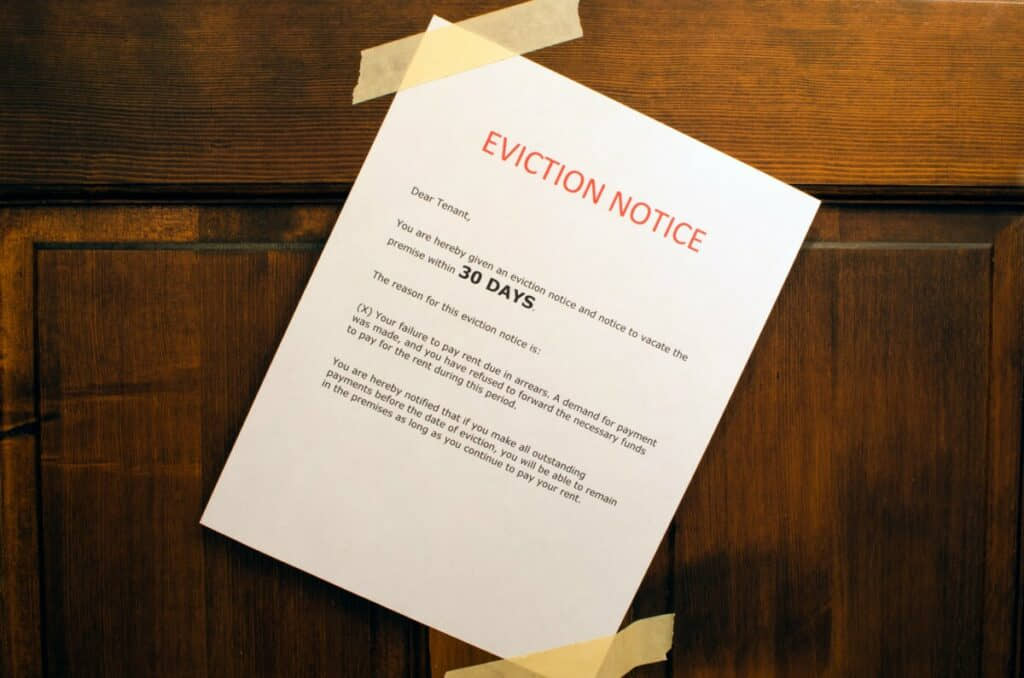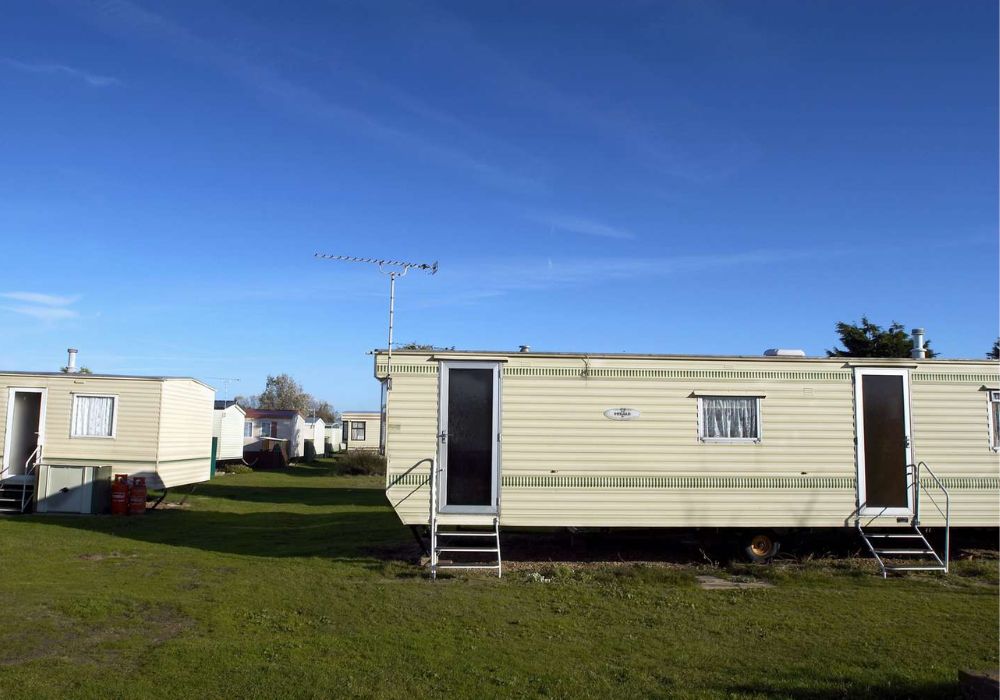Getting divorced is an emotional and difficult process that often involves big life changes. One change some people consider is moving out of the family home before the divorce is finalized. However, there are some important legal and practical factors to consider before renting a new apartment during the divorce process.
In this article, we will explore renting an apartment before a divorce is final.
Can I rent an apartment before my divorce is final?
Yes, it is possible to rent an apartment before your divorce is finalized. However, there are some risks you need to be aware of. Signing a new lease before your divorce could leave you on the hook financially if issues come up.
For example, if you sign a year-long lease but your divorce doesn't go through, you may still be responsible for paying rent every month. You also need to consider that any property you acquire, like a new apartment, before the divorce could be considered part of the marital assets subject to division. Speaking with a lawyer is crucial to understand all legal obligations and best protect yourself financially.
They can advise on timing a move out strategically to coincide with important divorce milestones.
Related: How To Buy Someone Out Of A House In Divorce?

What are the risks of moving before divorce is finalized?
There are a few potential risks to consider before renting a new apartment and moving out while your divorce is still pending. One risk is that it could negatively impact ongoing divorce and custody proceedings. A judge may view it as abandoning your family home or not being fully committed to co-parenting.
It also runs the risk of complications in dividing up marital property if a leased property is acquired before the divorce is finalized. Moving prematurely could also hurt your claim to assets like equity in the family home if your spouse argues you abandoned it.
Consulting with your divorce lawyer can help minimize risks by getting guidance on how to lawfully separate your living situation without jeopardizing divorce terms.
Can my ex stop me from moving with my kids?
If you have joint legal custody of your children, your ex would need to consent to moving with the kids to another home or apartment, especially if it is outside the same school district or city. Without consent, they could possibly take you to court to prevent the move or change custody terms.
For a single custody parent, moving laws depend on your state but often require notifying your ex of any address change. It's best to discuss relocation plans with your lawyer to understand what steps are needed, if any, for your ex to allow the move.
What issues could come up with child custody?
Moving out before the divorce means establishing new living situations and routines for children, which effects custody logistics. Without an existing clear custody order, disputes could arise regarding drop off/pick up details, transportation responsibilities, holiday/vacation schedules, communication protocols and more.
There is a risk that disagreement and confusion over these issues could escalate into formal custody litigation and negatively impact your case. Having a clear interim parenting plan in place that addresses these nuts and bolts matters can help avoid potential issues.
Consulting with a family law attorney can also provide guidance on properly handling custody concerns if relocating during the divorce process.
Should I stay in the family home or move out?
There is no definitive answer regarding who should stay in the family home when separating, as it depends on individual circumstances. In general, having one parent and children remain provides stability and familiarity.
But if there are safety concerns, it may make sense for an at-risk parent to locate elsewhere. Finances also matter - if only one person can afford to live independently, it may be wisest for them to stay. Ultimately most experts agree that maintaining routines as much as possible, especially for children, is ideal when going through such a transition.
Consider all household factors and do what seems least disruptive when determining living situations.
Does moving out affect division of assets?
Potentially moving out of the family home before the divorce could impact how marital assets like the home's equity are divided. If one spouse leaves prematurely, the other may try to argue they abandoned their share of home ownership.
Some judges may also view an early departure as a sign the leaving spouse did not contribute as much to acquiring marital possessions. To protect your legal right to a fair split of property, it's best not to make any major moves unless advised by your attorney.
They can help ensure a relocation does not jeopardize your strongest bargaining position in later negotiations over dividing marital property.
How does moving affect alimony or child support?
Relocating while the divorce is pending could influence alimony and child support calculations made by the court. This is because those types of financial orders depend a lot on current incomes and the custody arrangement at hand.
For example, if one parent moves out first they may establish themselves as the non-custodial parent required to pay support. Or they could claim the other spouse has higher earnings as the lone rent-payer in the family home.
Discuss timing a move strategically with your lawyer so it does not unintentionally impact how much alimony or child support you may receive or owe during the legal separation process.
Conclusion
While it is possible to rent a new apartment before a divorce is final, there are numerous legal and practical issues to consider first. Consulting a divorce attorney is essential to understand potential financial obligations and risks moving too soon may pose.





